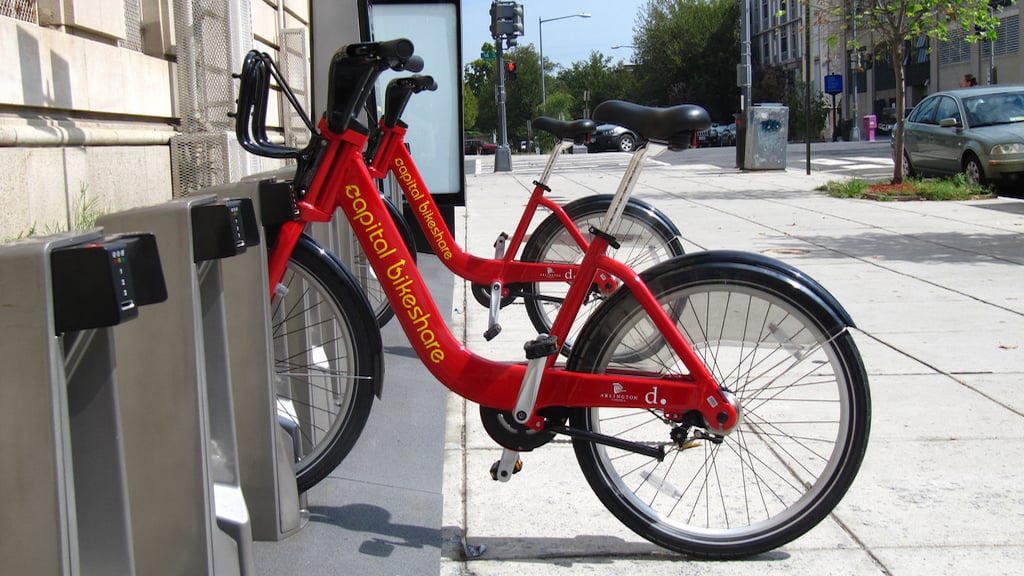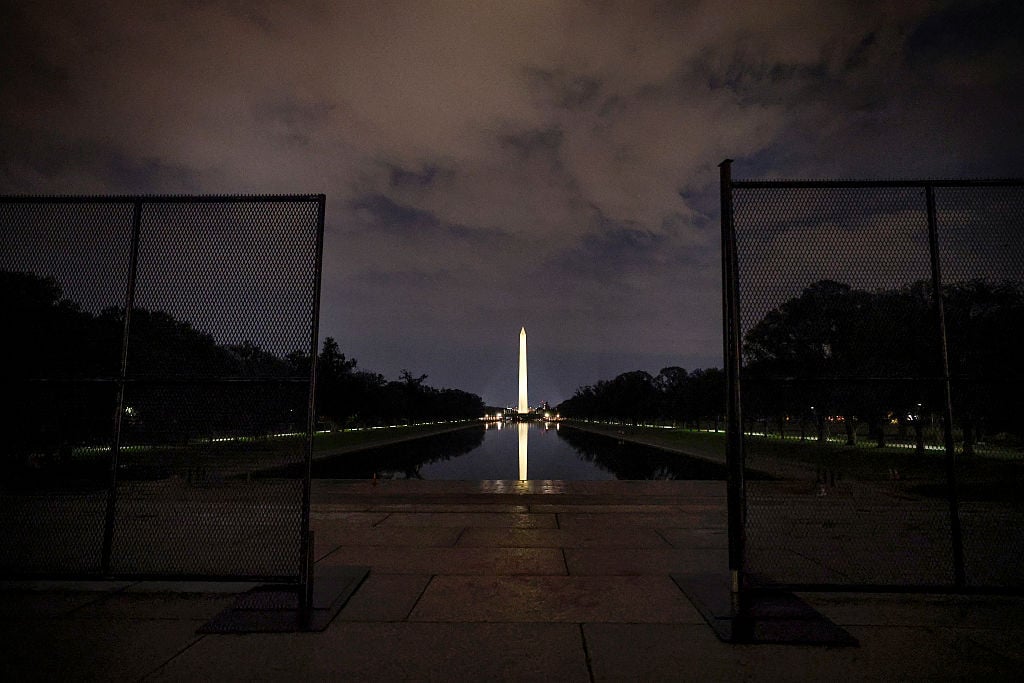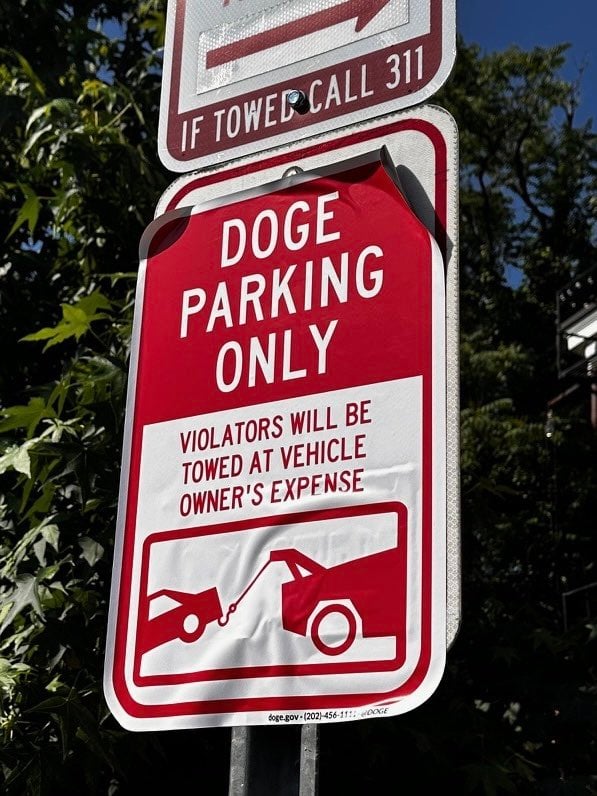A new House bill would allow federal employees to use their transit benefits on travel modes other than Metro for the duration of the transit agency’s SafeTrack repair schedule. The bill, sponsored by North Carolina Republican Mark Meadows, who chairs the House Oversight Subcommittee on Government Operations, and Virginia Democrat Gerry Connolly, would allow workers who use the $255 monthly benefit on newer, technology-driven transportation platforms like Uber, Zipcar, and Capital Bikeshare.
“During a time when WMATA is getting its house in order, federal commuters have been frustrated at their lack of options for getting in to work,” Meadows, who has been one of Congress’s most vocal Metro critics, says in a press release.
The bill, which will be introduced in Meadows’s subcommittee, states that during WMATA’s SafeTrack operation—which is scheduled to run through spring 2017—federal employees can use their transit subsidy on a ‘‘transportation-network company,” a term defined as any entity that “that utilizes innovative mobility technologies to provide alternatives to driving alone, including car-share, bike-share, carpool or vanpool, multimodal fare payment system, app-based mobility providers, and other innovative projects.”
In plainer language, the bill, if enacted, would treat apps like Uber and Lyft, car-sharing services like Zipcar and Car2go, and Capital Bikeshare like public transportation, at least as long as Metro is working through its repair schedule. It would also mean that—at least in the short term—the federal government is broadly expanding its view of public transportation from rail and buses to modes that have largely emerged in just the past decade. While car-sharing companies and ride-hailing apps have already made their marks on consumer and residential behavior; this bill has the potential to ingrain those services into the definition of transit infrastructure, even if it doesn’t last beyond the SafeTrack itinerary.
“It’s about creating more options during SafeTrack,” Connolly spokesman Jamie Smith says. “We don’t want to hurt Metro in the long term.”
Metro’s revenue took a hit in 2014 after the federal transit benefit—which had been at parity with the federal parking benefit of $245 per month—dropped to $130 per month, hurting a system that counts on federal employees for as much as 40 percent of its rush-hour traffic. The transit agency estimated it lost 6,000 daily round trips worth about $15 million per year in 2014. A tax bill last December restored the transit benefit to its higher level.
Cabs, notably, are excluded from the bill. Although the District agency that regulates the city’s taxi fleet launched a long-gesticulating cab-hailing app of its own earlier this year to help out cabbies who have lost much of their business to Uber and Lyft, it remains in beta and in use by just a handful of cabs, WAMU reported Thursday.
Meadows’s and Connolly’s bill would apply to federal employees who live in DC; Montgomery, Prince George’s, and Federick counties in Maryland; and Alexandria, Arlington, Fairfax, Loudoun, and Prince William counties in Virginia.



















